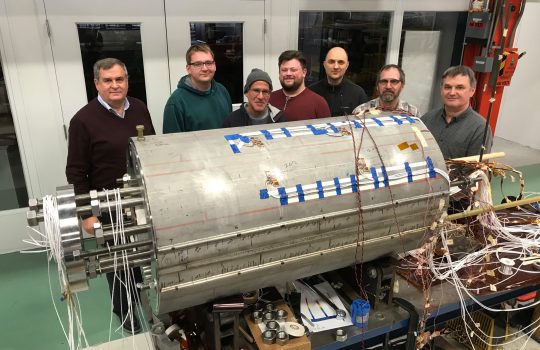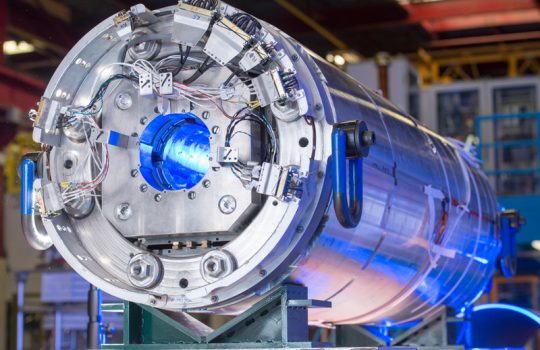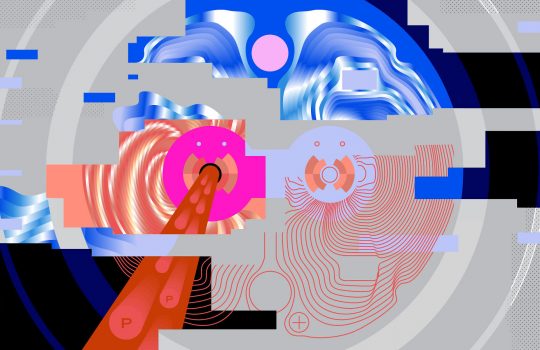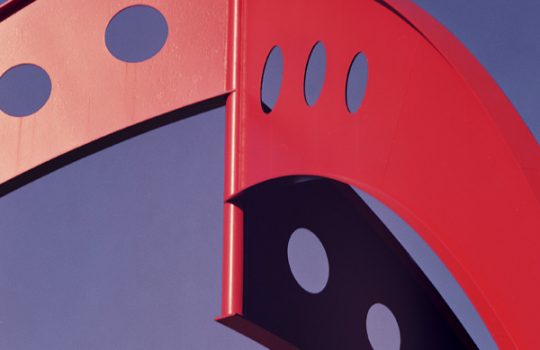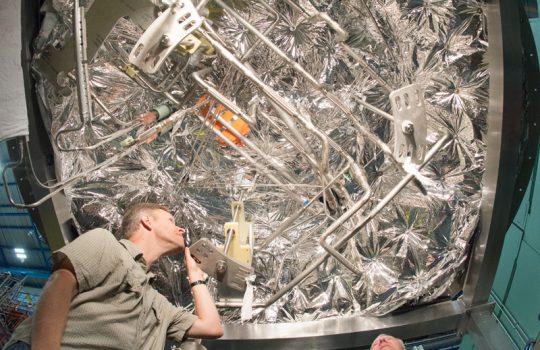Scientists debut powerful magnet for future particle collider
From Gizmodo, Sept. 13, 2019: Physicists at Fermilab have produced and tested a powerful magnet of the sort that could appear in the next generation of particle colliders. Fermilab scientist Alexander Zlobin talks with Gizmodo about the lab’s recent milestone achievement in reaching 14.1 teslas for a steering magnet.

